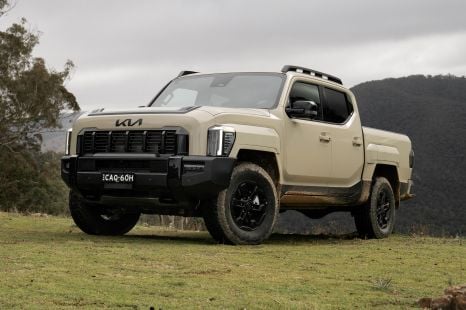

Josh Nevett
3 Days Ago
Europe is only slightly reducing some of its aggressive tariffs on EVs imported from China, risking retribution from the Asian nation.

Contributor
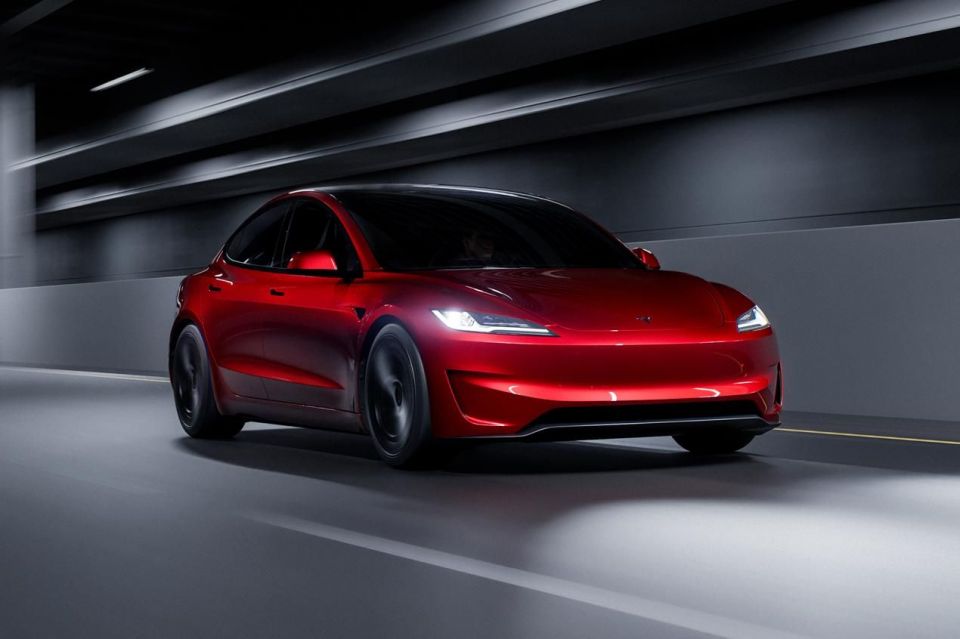

Contributor
The European Union (EU) appears to have finalised what tariffs it’ll impose on Chinese electric vehicles (EVs), provided the two regions can’t come to the table with a mutual solution.
As reported by AP News, the most recent revisions to the tariff rates for various Chinese carmakers has largely resulted in minor reductions, though some brands will still be slugged with import taxes as high as 45.3 per cent by the time their EVs are on the forecourt.
SAIC Motor – the parent company of MG and Maxus/LDV – is facing a 35.3 per cent tariff, down from its original rate of 38.1 per cent (announced in June) and the previously revised figure of 36.3 per cent.
However, it and all other Chinese brands will also be hit by the EU’s existing 10 per cent tax on all imported vehicles.
100s of new car deals are available through CarExpert right now. Get the experts on your side and score a great deal. Browse now.
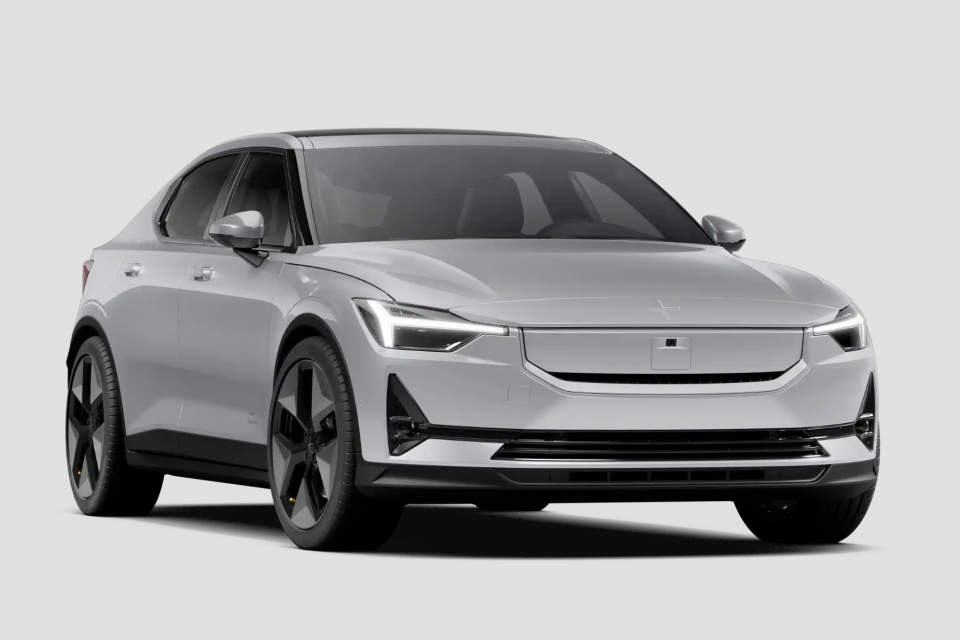
Geely – which owns Volvo, Polestar and Lotus, among others – had its tariff revised to 18.8 per cent (down from the original rate of 20 per cent), while BYD’s 17 per cent import tax has been unchanged in the most recent round.
EV giant Tesla has cooperated with the European Commission’s investigations into Chinese brands receiving assistance from their home government, with its tariff rate the lowest of any manufacturer at 7.8 per cent.
It had originally been slugged with a 20.8 per cent tariff on the Model 3 which is built in China, however the German-built Model Y remains exempt.
According to AP News, European brands which build EVs in China and export to the continent – such as BMW (electric Mini Cooper) – will have to pay a 20.7 per cent tariff.
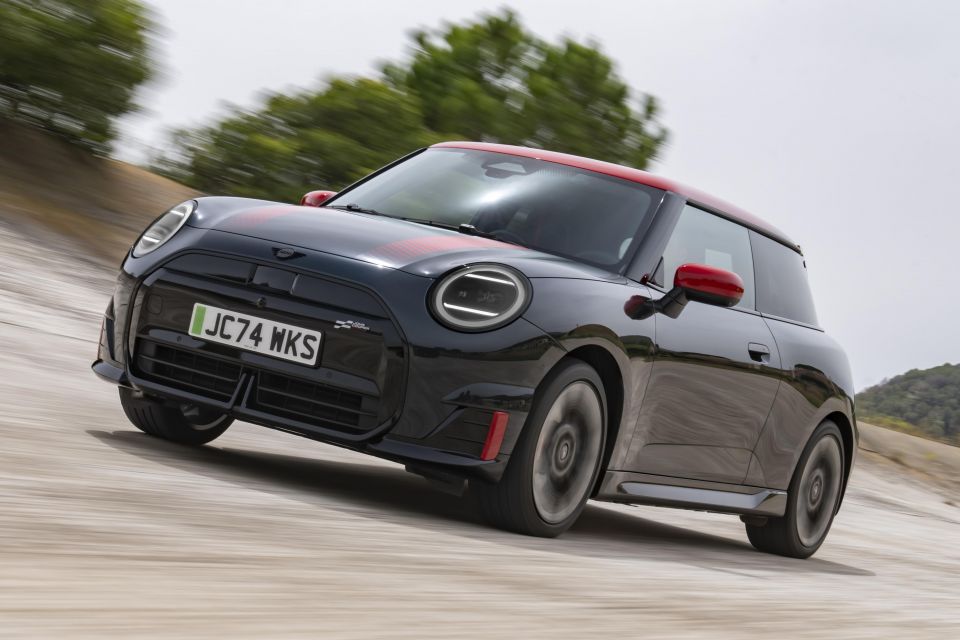
“By adopting these proportionate and targeted measures after a rigorous investigation, we’re standing up for fair market practices and for the European industrial base,” European Commission Executive Vice-President Valdis Dombrovskis said, reports AP News.
The tariffs will be in place for at least five years, or until China and the EU can come to an agreement to end their tit-for-tat taxes on each other’s goods.
China has already fired a warning shot back at Europe, after a government-affiliated auto group suggested the country raise its tariffs on imported internal combustion sedans and SUVs with engines larger than 2.5 litres from 15 per cent to 25 per cent.
Exports of such vehicles from Europe to China totalled 196,000 units in 2023 in an 11 per cent year-on-year increase, according to data from the China Passenger Car Association.
MORE: German leader tells carmakers to ‘not be afraid’ of Chinese competition MORE: Europe cuts Tesla’s tariffs amid ongoing pushback against Chinese EVs MORE: Is a trade war brewing? Chinese carmakers want anti-Europe tariffs MORE: China fires back in tariff war with Europe and US MORE: Europe’s influx of affordable electric cars causes political flashpoint MORE: Europe plays favourites in latest Chinese EV tariffs MORE: Tariffs on Chinese EVs will make ‘everyone poorer’ – Germany MORE: US to slug Chinese EVs with huge tariffs
Born and raised in Canberra, Jordan has worked as a full-time automotive journalist since 2021, being one of the most-published automotive news writers in Australia before joining CarExpert in 2024.


Josh Nevett
3 Days Ago
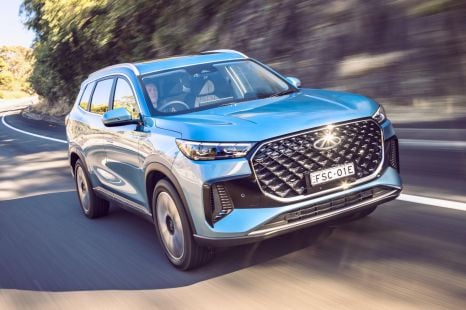

Max Davies
3 Days Ago


Paul Maric
3 Days Ago


William Stopford
2 Days Ago
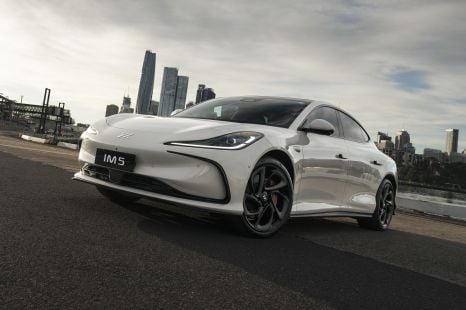

William Stopford
1 Day Ago


Max Davies
1 Day Ago